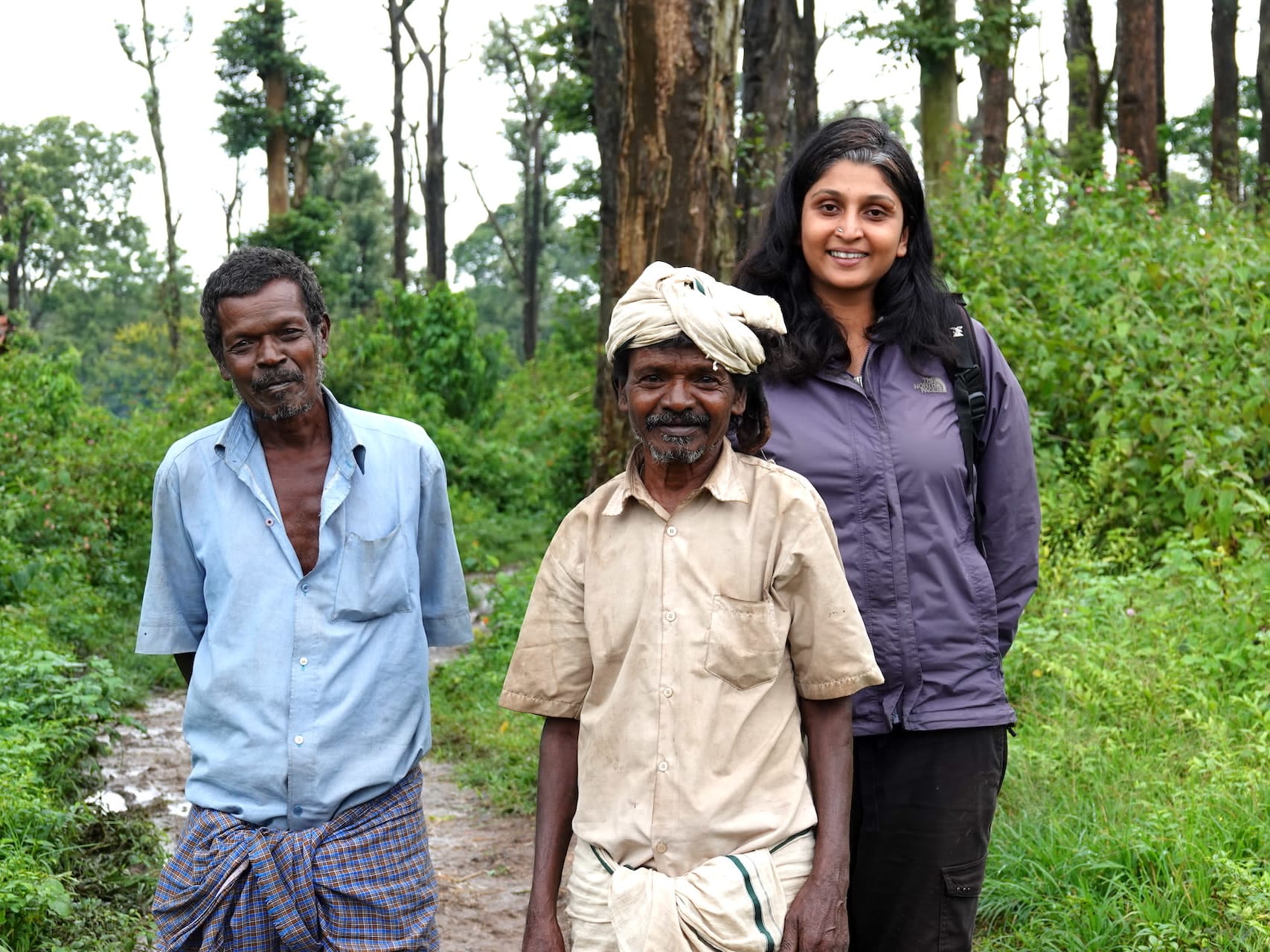 Listen to this article
•
15:34 min
Listen to this article
•
15:34 min
The pygmy hog, hispid hare, grey slender loris, and Malabar tree toad rarely get a moment in the limelight. But the night of 14th November 2019 was different. On this wintery evening, funders, conservationists, students, and other like-minded folks gathered to help secure the future of a few of India’s lesser-known species and habitats that are often ignored, but need urgent protection. The event was organised by The Habitats Trust to award grants to support these efforts. “Recently, the young Greta Thunberg laid out a simple plan to help conserve our planet. She said ‘Restore. Protect. Fund,” said Roshni Nadar Malhotra, founder of The Habitats Trust, in her opening address. “While we focus on ‘restore’ and ‘protect’, we often forget to fund. That’s where we come in.”
Grants were awarded in four categories. They supported an organisation involved in conservation, or the Strategic Partnership Grant (Rs 25 lakhs); an initiative that worked to secure an overlooked habitat, or the Lesser-known Habitats Grant (Rs 20 lakhs); an effort to protect the future of an endangered, lesser-known species, or the Lesser-known Species Grant (Rs 15 lakhs); and a Conservation Hero Grant for a person working at the grassroots level (Rs 10 lakhs).

Aaranyak, an Assam-based organisation that won the Strategic Partnership Grant for conservation will use the money to conserve the future of the pygmy hog, the world’s smallest and rarest pig, in Manas National Park, Assam. “Our work not only focuses on the pygmy hog, but also the people who live around the grasslands of Manas,” said Dr Parag Deka, scientist and conservationist, who has dedicated over twenty years to pygmy hog conservation. “Only when conservation strategies benefit both, the people and the species, do they really work.” Read a story about Dr Deka’s fantastic conservation work here.
Coastal Impact, that won the Lesser-known Habitat grant, has been working to protect Goa’s precious marine life for over a decade. This grant, among other things, will support their extremely important, and complex effort of rescuing damaged corals, and relocating them from inhospitable sites to much healthier habitats. “This experiment of replanting corals has seen great success in the Gulf of Kutch and other places, but the grant will allow us to do this for the first time in Goa,” said Venkatesh Charloo, founder of Coastal Impact.

Photo courtesy: The Habitats Trust
The winner of the Lesser-known Species grant, the Metastring Foundation, will continue to work towards the conservation of the Malabar tree toad, an endangered, endemic amphibian that spends most of its life in tree canopies in the Western Ghats. The foundation plans to do this by training local citizens in scientific data collection, giving them greater ownership over conserving their local biodiversity.
The Conservation Hero grant winner, Neethi Mahesh, who works towards restoring the riverside habitat along the Kaveri River, believes in involving much younger local members in preserving the environment. “I work with children who are affected by floods along the Kaveri, so that at an early age they learn to understand their river and protect it as they grow,” she said in an interview with Roundglass.
While the winners received the full grant sum, all finalists were promised 10 per cent of the grant amount in their category. “All the finalists are doing exceptional work and deserve support,” said Nadar. “In India, funding mostly goes to healthcare and education, which is important, but our biodiversity and planet needs it too. We must all spread the word.”






